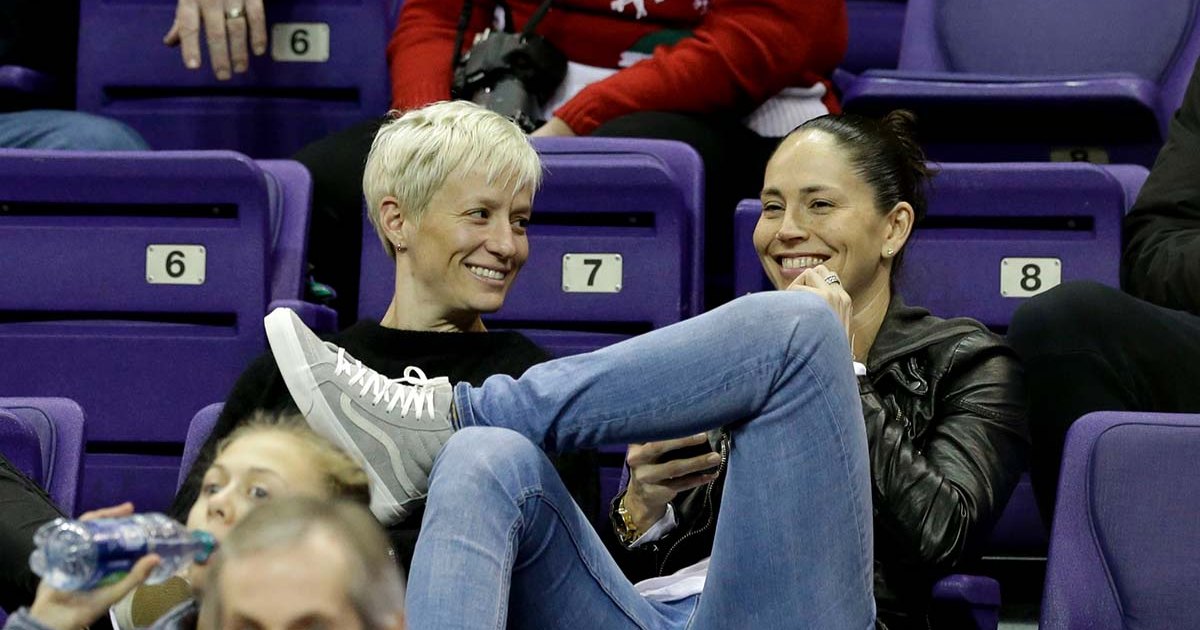Receive free Ukraine updates
We’ll send you a myFT Daily Digest email rounding up the latest Ukraine news every morning.
Britain “discourages” the use of cluster bombs, Rishi Sunak said a day after Joe Biden agreed to supply the controversial munitions to Ukraine, in an indication that the transatlantic allies will not be acting together in the initiative.
The British prime minister is expected to discuss the matter with Biden on Monday, when the pair meet during a short visit by the US president to Britain before both travel to a Nato summit in the Lithuanian capital Vilnius later in the week.
Britain is a signatory to an international convention banning the use of the weapons, which have been blamed for causing deaths to civilians even decades after conflicts have ended. The US is not a signatory.
The convention “prohibits the production or use of cluster munitions and discourages their use”, Sunak said on Saturday. He did not explicitly criticise Biden’s decision.
US officials said on Friday that their country would supply the weapons to Ukraine. In an interview with CNN Biden said it was a “very difficult decision” and he had taken “a while to be convinced” but that Ukrainian forces were “running out of ammunition”.
The US and Britain are the biggest suppliers of weapons to Ukraine and Sunak and Biden have a largely shared position on the conflict. Last month they held successful talks in Washington.
The two countries are also aligned on other geopolitical strategic issues including the Aukus pact in the Pacific region.
Amanda Sloat, senior director for Europe at the National Security Council, said the focus for Biden in the meeting with Sunak would be on Nato and Ukraine.
“I would imagine that this will be an opportunity for them to touch base on developments and discussions heading into the summit in Vilnius,” Sloat told reporters on Friday.
She added: “It will be an opportunity for them to compare notes on both of our support for Ukraine and their ongoing efforts on the battlefield.”
British officials indicated that Biden’s principal goal is to visit King Charles at Windsor, although it is not an official state visit. He will have a tight schedule: from his overnight stay at Winfield House, the residence of the US ambassador in Regent’s Park, he will travel to 10 Downing Street, then to Windsor Castle by helicopter and off to Stansted airport within the space of a few hours.
One US official insisted that both meetings were “important” to the White House, given “the importance of close, continued co-ordination with the UK, our closest ally”.
On Friday, Karine Jean-Pierre, the White House press secretary, brushed off criticism that Biden had not attended King Charles III’s coronation in May. “He had a call with the King and congratulated him.”
US presidents have not previously attended the coronations of British monarchs.
One of the biggest sources of tension between the US and the UK in recent years has been over Northern Ireland, but that eased after Sunak reached the Windsor framework deal with the EU earlier this year.
Still, Sloat said Biden “remains very focused on working in partnership with the UK, with Ireland, and continuing to ensure peace and prosperity and stability in the broader region”.


























































![Mason Ramsey – Twang [Official Music Video] Mason Ramsey – Twang [Official Music Video]](https://i.ytimg.com/vi/xwe8F_AhLY0/maxresdefault.jpg)














:quality(85):upscale()/2023/10/20/720/n/1922564/180ef8276532a8342133e0.45106441_.jpg)




